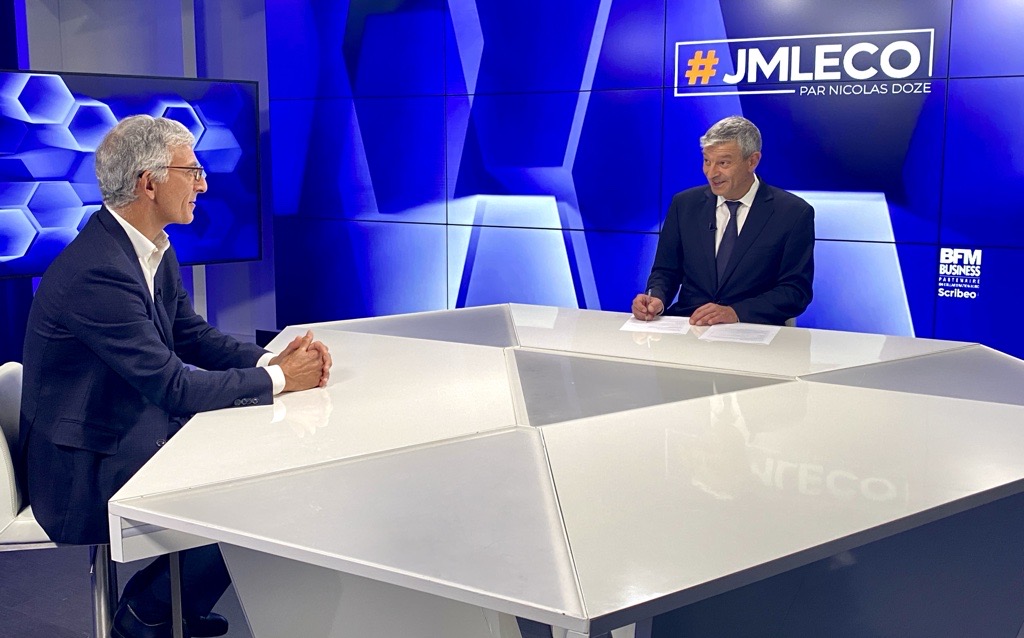Sick Leave & Paid Leave
What are the New Regulations?

On September 13, 2023, the French Supreme Court (Cour de cassation) issued a number of regulations to ensure compliance with the European Union law to improve employees’ entitlement to paid leave. In particular, this allows employees to acquire paid leave while they are on leave for a non-occupational illness or accident.
Reversal No. 1: Non-occupational illness and paid leave
By law, every employee is entitled to two and a half working days of leave per month worked for the same employer. Although there are exceptions, (e.g., an absence of less than one year due to an occupational accident generates paid leave), periods of absences due to non-occupational illnesses are not included. They are therefore legally excluded from the calculation of paid leave entitlement (L. 3141-3 and L. 3141-5).
To preserve the right to rest periods, the CJEU judge has been ruling the opposite for over 10 years: under Article 7 of Directive 2003/88/CE of November 4, 2003, the right to paid leave of at least 4 weeks per year is not affected in the event of an employee’s absence for health reasons during the leave entitlement period (CJEU, 24 Jan. 2012, aff.282/10).
The French Supreme Court called upon the legislator to transpose the directive of 2003. The French State was condemned for failing to do so, to no avail.
Based on the Charter of Fundamental Rights of the European Union, the Labor Division (Chambre Sociale) pronounced a decision “against the law” and now rules that the sick employee acquires statutory and contractual paid leave during periods when his or her employment contract is suspended due to non-occupational illnesses (Cass. Soc., 13 Sept. 2023 no. 22-17.340 to 342).

Reversal No. 2: Starting point of the statute of limitations for paid leave entitlement
The limitation period for an action relating to payment of leave indemnities is 3 years. By law, this period starts at the end of the legal or contractual period during which the leave could have been taken, or, in general, on May 31 of each year (Cass. Soc., 20 March 2017, no. 15-22.057).
The European Court uses the same dates to assess the loss of leave entitlement but sets a condition: the employer must have given the employee the opportunity to exercise this right in good time (CJUE, 22 Sept. 2022, aff. 120/21).
The French Supreme Court has now adopted this condition. The starting point of the statute of limitations for an action relating to payment of leave indemnities is the expiry of the legal or contractual period during which the leave could have been taken, if the employer proves that he or she fulfilled all the necessary steps to enable the employee to take his or her days of paid leave (Cass. Soc., 13 Sept. 2023, no. 22-10.529).
2 reversals paving the way for broad retroactivity
By definition, the employer was unable to allow employees on non-occupational sick leave to acquire paid leave during this period, as these rights were considered to be generated solely from actual work.
Consequently, the 3-year statute of limitations has not yet started.
Employees could therefore claim paid leave from all sick leave taken since December 1, 2009, the date the Treaty of Lisbon came into effect, which gave binding legal force to the Charter of Fundamental Rights of the European Union.
Potential precisions to expect
In view of the financial implications for companies that respected the legal provision in effect at the time of the events, it would be desirable for the French Supreme Court to take action to determine the application of this new regulation. In other areas, the court has already acted on the basis of legal certainty.
The legislator will undoubtably take up this issue as well.

Some collective agreements already stipulate that sick leave due to a non-occupational illness entitles employees to paid leave.
Other legislation still does not to conform to European law, which puts great importance on the employees’ right to rest periods, for example, the loss of paid leave entitlement when an employee becomes sick during their vacation.
___________________________
Social law is a living law that is constantly changing. This is why Primexis, in collaboration with the law firm Dupard & Guillemin, provides you with regular support and answers your questions from the viewpoint of Payroll and Labor Law.


